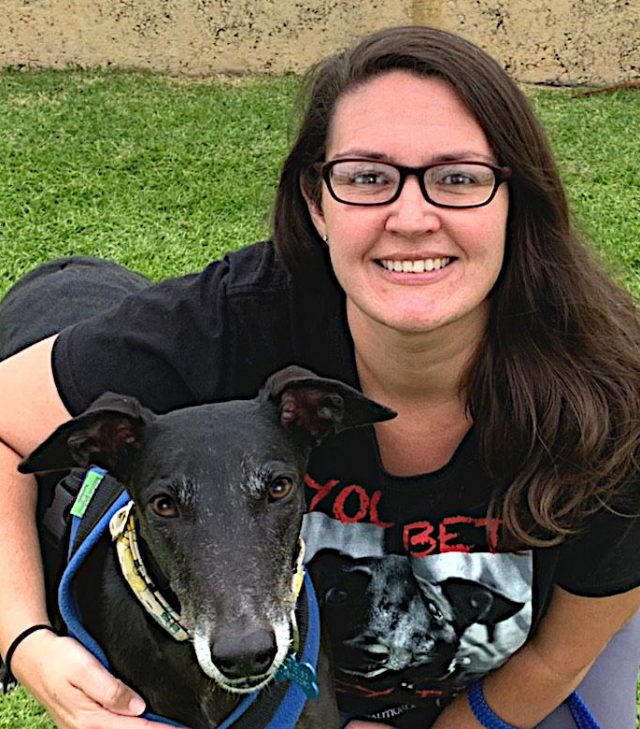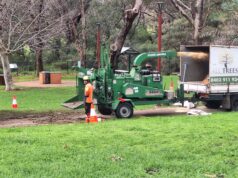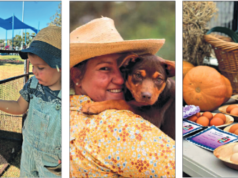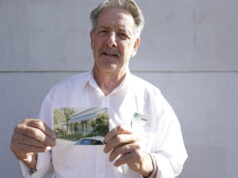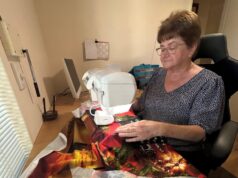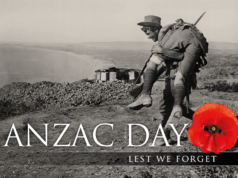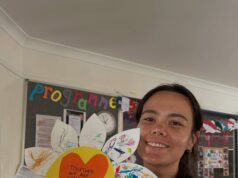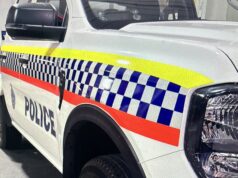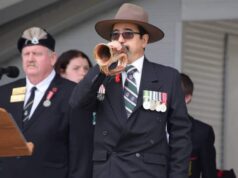The Coalition for the Protection of Greyhounds (CPG) is demanding answers following a series of alarming injuries over the past few weeks.
Two-year-old greyhound Just Clyde suffered a right-hind leg fracture in race six on October 14, before being stood down for 90 days (as per the stewards’ report).
October 12 saw All About Paige, 3, suffer a left hind-leg tarsal fracture in race four.
Smooth Operator, 2, suffered a right hind-leg injury in race five on the 11th, after 2-year-old Kostly Kuna suffered a left foreleg fracture on the 7th.
On September 28, 3-year-old Warringa suffered a right hind-leg fracture following a collision at the start of race four.
CPG Western Australia divisional manager Andrea Pollard said it was distressing to see the number of greyhounds killed and injured for entertainment.
“WA is a dog loving community and most people would be shocked to know about the greyhound cruelty occurring in our state,” she said.
“The carnage just continues. The terrible record of WA tracks underlines the brutal nature of greyhound racing.”
CPG WA is now calling for Racing and Wagering WA to immediately make the switch from eight-dog races to six-dog races.
“RWWA have failed to act on industry-funded research (2017) that shows six-dog racing reduces track injuries and deaths,” she said.
“Greyhounds Just Clyde and All About Paige may not have been injured if they’d been running in a six-dog race, instead of more crowded fields.
“While six-dog racing won’t stop all deaths and injuries, it makes a big difference.
“If the WA Government won’t ban greyhound racing they must ensure that track safety is improved to reduce the number of deaths and injuries.”
A RWWA spokesperson told the Examiner they were committed to ensuring that the “best levels of care” were given to greyhounds throughout their lives.
“In WA greyhound racing, 99.8 per cent of starters race safely without sustaining major injuries,” they said.
“For injuries that occur, RWWA ensures they are identified and treated to the highest standards.
“In line with this commitment, RWWA has two injury schemes in place to assist the small number of greyhounds (0.2 per cent) that sustain a major injury with their recovery and subsequent rehoming.
“RWWA applies an entirely transparent approach to its injury reporting, including the reporting of minor injuries such as general muscle soreness.
“All greyhounds are examined on an individual basis, with their course of recovery directed by a qualified veterinarian, suited to their individual needs.
The spokesperson also said RWWA was committed to properly maintaining the state’s three greyhound tracks.
“Track conditions are inspected by RWWA Stewards at the beginning of every meeting, and periodically throughout the meeting to ensure its suitability for racing,” they said.
“All racetracks are designed with safety of the greyhound athlete in mind and include such things as camber, careful surface preparation and monitoring track conditions using scientific instrumentation.
“The causes of injuries during racing involve numerous factors with many scientific studies proposing various elements that contribute to their occurrence, exclusive of other factors such as field sizes.”


